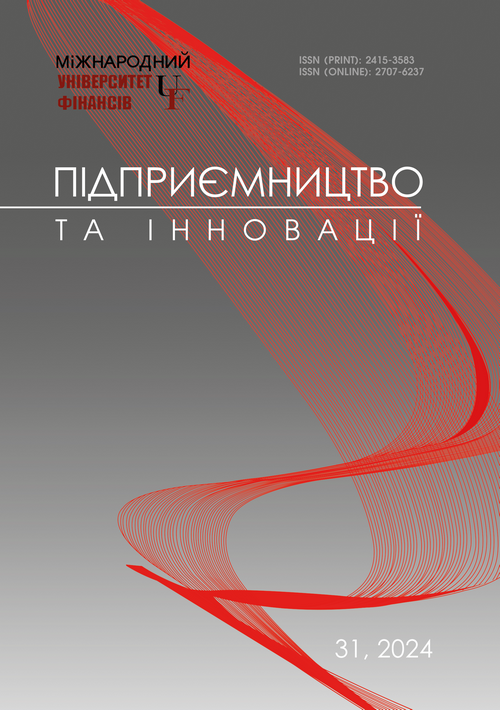AFRICAN PRIORITIES OF INDIA'S GLOBAL ECONOMIC AMBITIONS
Abstract
The article reveals the process of formation of alternative centers of global power. It is noted that in the conditions when the post-war hepolitical and geo-economic reality loses its relevance and is changed, some regional countries, despite the limitations and risks, are gradually turning into active global players. Traditionally, this status was held by the USA and the European Union. Demonstrating that today China, Brazil, South Africa, India, etc. are taking over it. The role of India as a country-civilization, which, possessing a number of leadership ambitions, is not satisfied with the status of a regional state and gradually broadcasts its own geo-economic influence on other continents, in particular on Arfika, is defined. The possibilities of India's competitive presence on the African continent are analyzed, especially in the context of existing and hidden conflicts with China, which currently occupies a monopoly position on the continent. It is noted that this is achieved by powerful and large-scale government support, significant investment potential and the technological status of the Chinese corporate sector. The potential areas and fields of India's cooperation with African countries are identified, the profitability and prospects of projects in the field of infrastructure construction, oil refining, and the mining industry are indicated. The main motives and historical prerequisites for interaction between India and the countries of the continent are highlighted. At the same time, it was noted that, unlike China, India has a historical experience of presence in South-East Africa, its business culture is maximally adapted to the conditions of the Mitzvah, and Hindus have gained respect and trust in the African business environment. It is noted that if China is trying to cover the entire African continent with its own geo-economic influence, then India today mainly focuses on targeted financing and crediting of individual countries, in most cases those that have already had experience of cooperation with this country or are familiar with its civilizational features. That is why, despite the insignificant volumes of investment and project construction compared to China, in the medium and long term, India can quite naturally count on strategic success in Africa.
References
Кальченко Т.В. Цивілізаційні виміри глобальної системної кризи. Вчені записки. Збірник наукових праць ДВНЗ «Київський Національний Економічний Університет імені Вадима Гетьмана». 2021. № 24(3). С. 30–39.
Кальченко Т. В. Регіональне і корпоративне лідерство а глобальній управлінській системі: монографія. Київ : Знання України, 2023. 115 с.
Fearon J.D. Ethnic mobilization and ethnic violence//In the Oxford Handbook of Political Economy / edited by D.A. Wittmen and B.R. Weingast, 852-868. Oxford: Oxford University Press, 2008. 345 p.
Samuel P. Huntington. The Clash of Civilizations and the Remaking of World Order. New York : Simon & Schuster, 1996. 283 p.
Samuel P. Huntington. Who Are We? The Challenges to America’s National Identity. New York : Simon & Schuster, 2004. 428 p.
World Investment Report 2023. Investing in Sustainable Energy for all: United Nations Publications. 2023. 243 p.
Kalchenko T. V. (2021) Cyvilizaciyni vymiry hlobal’noyi ekonomichnoyi kryzy [Civilizational dimensions of the global system crisis]. Scientific notes. Collection of scientific works of the Kyiv National Economic University named after Vadym Hetman, no. 24(3), pp. 30–39.
Kalchenko T. V. (2023) Regional’ne i korporatyvne liderstvo v hlobal’niy upravlinskiy systemi [Regional and corporate leadership in a global governance system]: monograph. Kyiv: Znannya Ukrayiny, 115 p.
Fearon J. D. (2008) Ethnic mobilization and ethnic violence//In the Oxford Handbook of Political Economy / edited by D. A. Wittmen and B. R. Weingast, 852-868. Oxford: Oxford University Press, 345 p.
Samuel P. (1996) Huntington. The Clash of Civilizations and the Remaking of World Order. New York: Simon & Schuster, 283 p.
Samuel P. (2004) Huntington. Who Are We? The Challenges to America’s National Identity. New York: Simon & Schuster, 428 p.
World Investment Report 2023. Investing in Sustainable Energy for all: United Nations Publications. (2023). 243 p.



